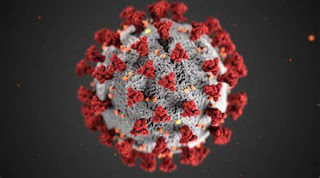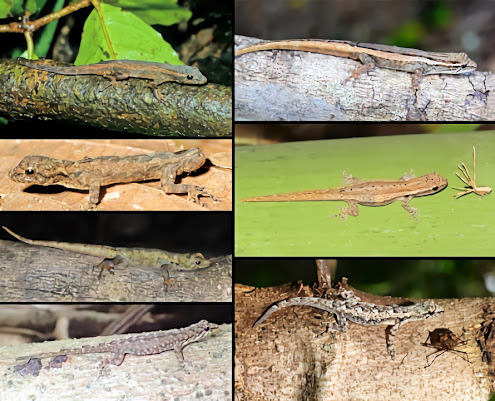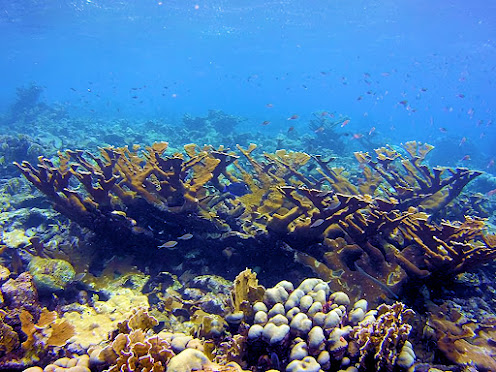The methodology is a machine-learning approach that identifies the influence of variables, such as location and climate, on known pathogens. Using only small amounts of information, the system is able to identify community hot spots at risk of infection on both global and local scales.
“Our main goal is to develop this tool for preventive measures,” said co-principal investigator Diego Santiago-Alarcon, assistant professor of integrative biology. “It’s difficult to have an all-purpose methodology that can be used to predict infections across all the diverse parasite systems, but with this research, we contribute to achieving that goal.”
With help from researchers at the Universiad Veracruzana and Instituto de Ecologia, located in Mexico, Santiago-Alarcon examined three host-pathogen systems – avian malaria, birds with West Nile virus and bats with coronavirus – to test the reliability and accuracy of the models generated by the methodology.
















.jpg)
